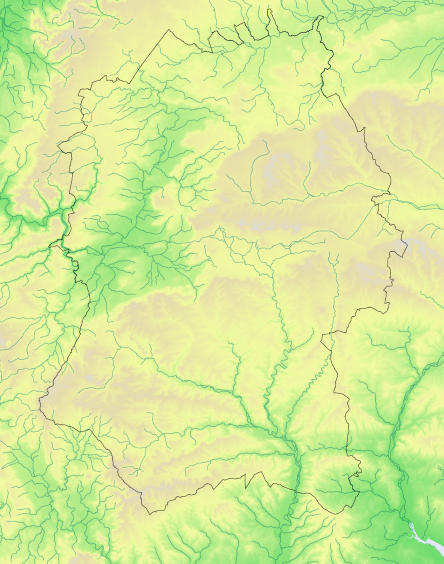Mediterranean Gull Larus melanocephalus
Winter distribution change
Scare but increasing visitor, most months, breeds Europe/some in Britain, winters coasts of west Europe/Mediterranean
Atlas species lists
- Breeding distribution 1995–2000
- Summer abundance 1995–2000
- Winter distribution 1995–2000
- Winter abundance 1995–2000
- Breeding distribution 2007–2012
- Summer abundance 2007–2012
- Winter distribution 2007–2012
- Winter abundance 2007–2012
- Breeding distribution change
- Summer abundance change
- Winter distribution change
- Winter abundance change
More Mediterranean Gull maps
- Breeding distribution 1995–2000
- Summer abundance 1995–2000
- Winter distribution 1995–2000
- Winter abundance 1995–2000
- Breeding distribution 2007–2012
- Summer abundance 2007–2012
- Winter distribution 2007–2012
- Winter abundance 2007–2012
- Breeding distribution change
- Summer abundance change
- Winter distribution change
- Winter abundance change
More maps for this atlas
Map explanation
This map shows the changes which occurred in the winter distribution of the species between 1995-2000 and 2007-2012, but only in the limited selection of tetrads that were surveyed in winter for Birds of Wiltshire (Wiltshire Ornithological Society 2007).
Key
Status
Nos tetrads

Absent to present
2
<1%

Present in both
0
0%

Present to absent
0
0%

Not surveyed
Until the 1950s the world breeding population of Mediterranean Gulls was confined largely to the Black Sea, with small numbers also in Turkey, the Balkans and sporadically in The Netherlands. In the second half of the 20th century they underwent a marked expansion of breeding range, into most countries of western Europe as far north as Denmark by the end of the century. They first bred in Great Britain in 1968 and by 2000 around 100 pairs were nesting in southern England. Outside the breeding season they are found throughout the Mediterranean and Black Seas and along the Atlantic coasts from Denmark to Morocco.
The first Wiltshire record was of an adult at Hilperton in February 1973. This was followed by singletons in 1982 and 1989, then annually from 1992, mostly with Black-headed Gulls at the Cotswold Water Park and almost all present for just a single day. In most years since 1992 there have been between three and nine records of single birds with occasionally groups of up to four. The only variation from this pattern came in 2013 which saw an extraordinary influx involving at least 30 birds. There have been no records of breeding.
References
The following references are used throughout these species accounts, in the abbreviated form given in quotation marks:
“1968-72 Breeding Atlas” – Sharrack, J.T.R. 1976: The Atlas of Breeding Birds in Britain and Ireland. T. & A. Poyser
“1981-84 Winter Atlas” – Lack, P.C. 1986: The Atlas of Wintering Birds in Britain and Ireland. T. & A. Poyser
“1988-91 Breeding Atlas” – Gibbons, D.W., Reid, J.B. & Chapman, R.A. 1993: The New Atlas of Breeding Birds in Britain and Ireland 1988-91. T. & A. Poyser
“Birds of Wiltshire” – Ferguson-Lees, I.J. et al. 2007 : Birds of Wiltshire, published by the tetrad atlas group of the Wiltshire Ornithological Society after mapping fieldwork 1995-2000. Wiltshire Ornithological Society.
“Bird Atlas 2007-2011” – Balmer, D.E., Gillings, S., Caffrey, B.J., Swann, R.L., Downie, I.S. and Fuller, R.J. 2013: Bird Atlas 2007-2011: the Breeding and Wintering Birds of Britain and Ireland
“WTA2” – ("Wiltshire Tetrad Atlas 2 ") the present electronic publication, bringing together the Wiltshire data from “Birds of Wiltshire” and “Bird Atlas 2007-11”, together with data from further fieldwork carried out in 2011 and 2012.
"Hobby" - the annual bird report of the Wiltshire Ornithological Society.

